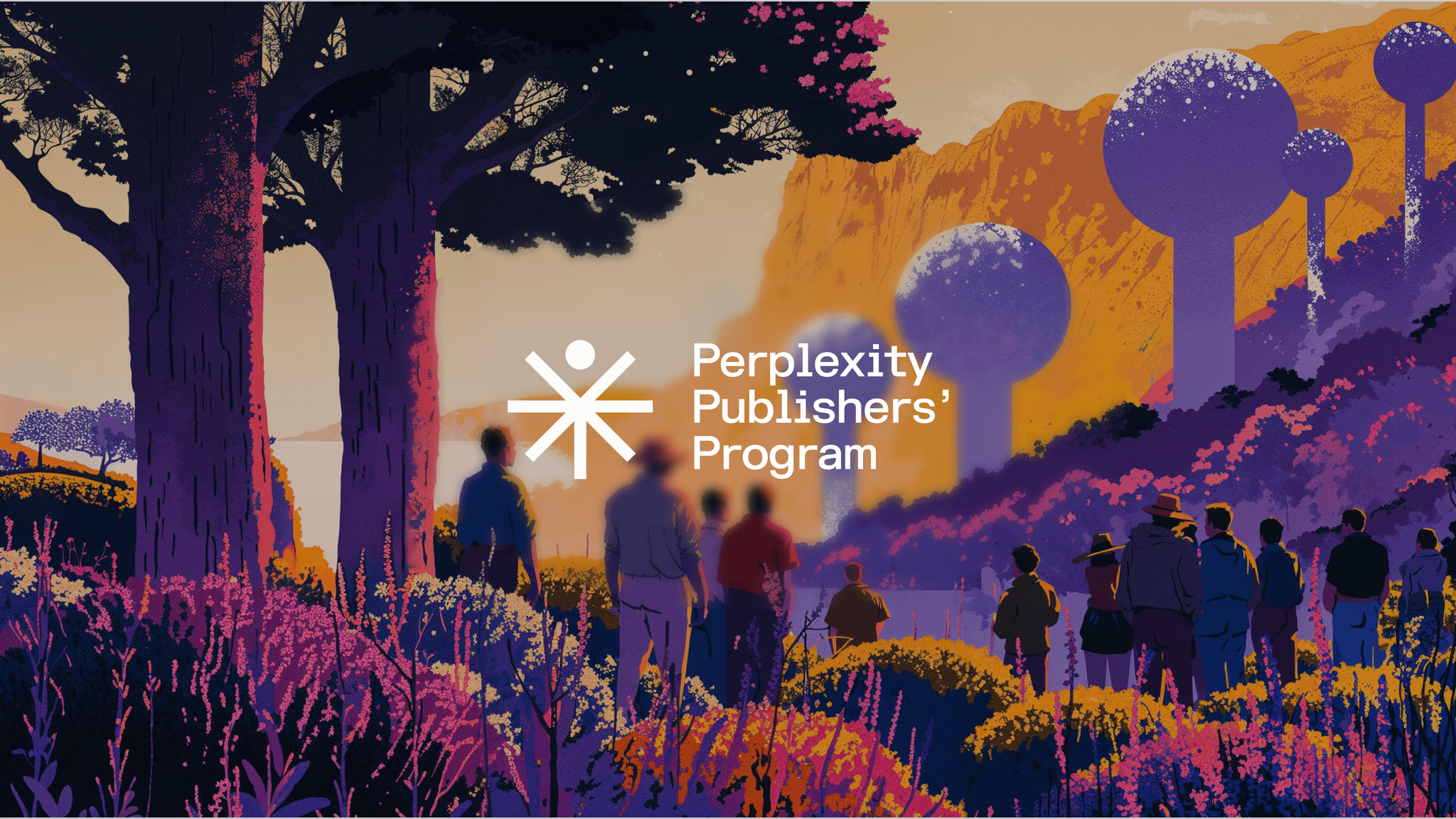
Perplexity AI, a burgeoning AI search engine, is set to share advertising revenue with news publishers when its chatbot cites their content in response to user queries.
This initiative appears to be a response to accusations of plagiarism and unethical web scraping, though Dmitry Shevelenko, Perplexity’s head of business, emphasized that the program had been under consideration since January, prior to these criticisms.
The business rationale for the Perplexity Publishers’ Program is to support the continued production of journalism, which is essential for accurate and up-to-date responses to user queries.
Shevelenko stressed that Perplexity’s aim is not to compete with or cannibalize publishers but to foster a symbiotic relationship that supports diverse and vibrant business models and revenue streams. This initiative aligns with the growing need for publishers to find new monetization strategies as generative AI transforms search behaviors.
How Will Perplexity Share Revenue with Publishers?
The program’s initial partners include Automattic, Der Spiegel, Entrepreneur, Fortune, The Texas Tribune, and TIME. These partners will not only participate in revenue sharing but will also gain access to Perplexity’s APIs and developer support, allowing them to build custom answer engines on their websites. Additionally, they will have access to Perplexity’s Enterprise Pro offering, which includes enhanced data privacy and security features.
Perplexity plans to start displaying ads on its platform within the next few months. The company has secured commitments from top-tier brands across various consumer and B2B categories. For instance, if a user inquires about travel to Tokyo, ads related to travel might appear. The revenue generated from these ads will be shared with publishers whose content contributed to the answers.
Although the exact percentage of the revenue share remains undisclosed, Shevelenko stated it would be in the “double-digit” range.
This approach contrasts with other AI companies like OpenAI, which have signed substantial licensing deals with major publishers, including News Corp, The Financial Times, Dotdash Meredith, Axel Springer, The Atlantic and Vox Media, despite ongoing criticisms from journalists about the use of their content to train AI models without proper compensation.
Industry Concerns and Legal Challenges
Michael Frazier, VP of data and operations at Entrepreneur Media, highlighted that adapting to user behavior is crucial, citing social media and Google Search as examples where users expect content to be accessible in various ways. Entrepreneur Media is developing a tool to allow more interactive engagement with their content, leveraging Perplexity’s APIs to enhance this functionality.
Frazier also mentioned the importance of understanding user intent and behavior to better support readers, an area where collaboration with Perplexity could provide valuable insights.
Regarding concerns about the accuracy of AI-generated responses, Frazier acknowledged the issue but expressed confidence in Perplexity’s efforts to minimize inaccuracies or “hallucinations.” This concern is significant as AI-generated content can sometimes misrepresent facts, potentially impacting the credibility of partnered publishers.
Perplexity clarified that its program does not offer preferential treatment for publishers’ content in search results, contrasting with OpenAI’s promise to its media partners. The primary value Perplexity sees in the program is not traffic but the revenue share and access to advanced tools, such as APIs and Pro subscriptions.
Despite efforts to establish partnerships, some publishers remain skeptical. The New York Times, Raw Story, AlterNet, and The Intercept have all taken legal action against OpenAI, alleging unauthorized use of copyrighted works to train ChatGPT.
Similarly, Condé Nast sent Perplexity a cease-and-desist letter, demanding the cessation of using content from its publications like The New Yorker, Vogue, and Wired. This action followed a Wired report that found Perplexity had pulled content from URLs despite explicit publisher requests to exclude their content from AI training.
Forbes also sent a similar letter to Perplexity, accusing it of plagiarizing a news article in its beta Perplexity Pages feature.
Despite these legal challenges, Shevelenko expressed enthusiasm about potential collaborations with these publishers, inviting them to join the Perplexity Publishers’ Program.
Featured Image courtesy of Perplexity
Follow us for more Perplexity AI’s news updates.
